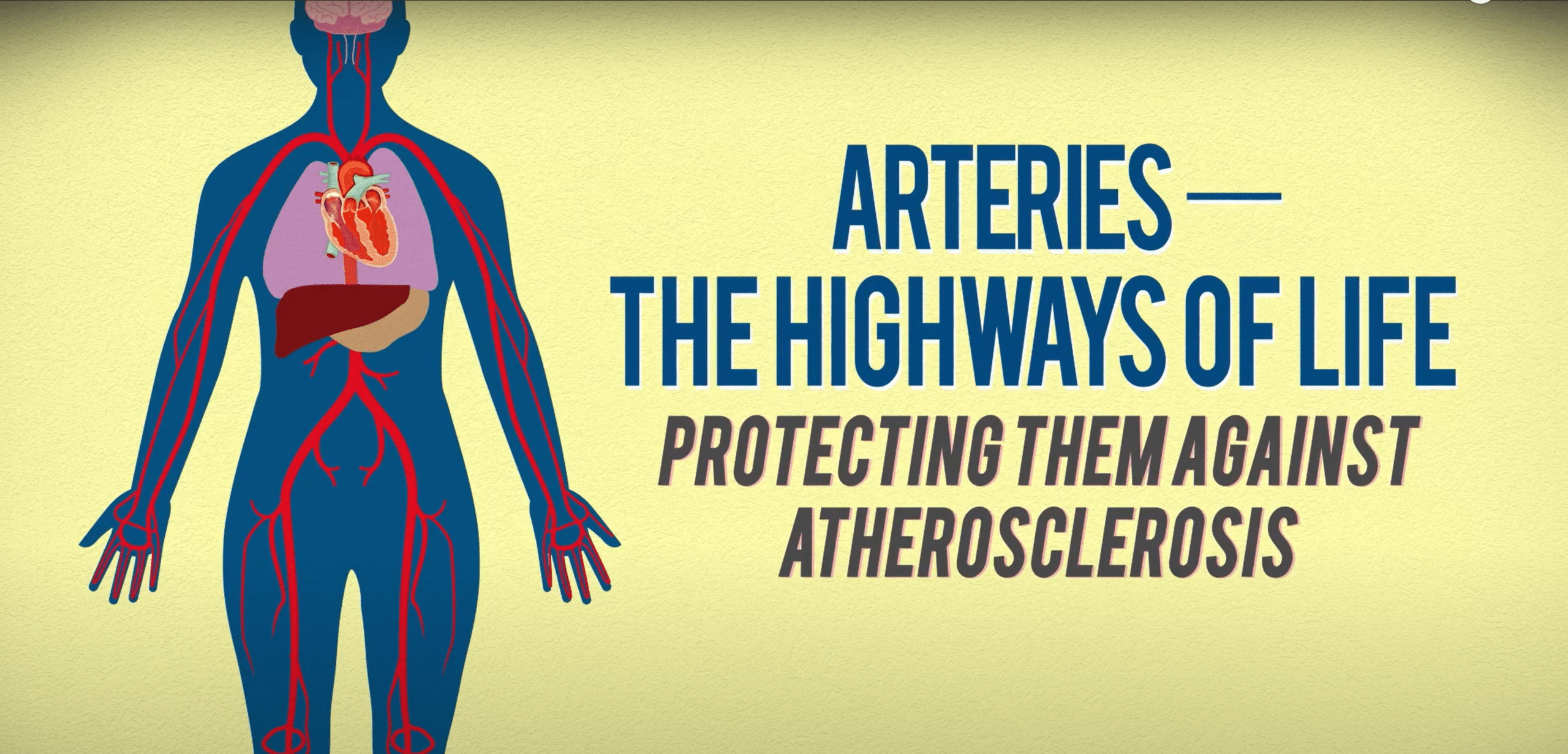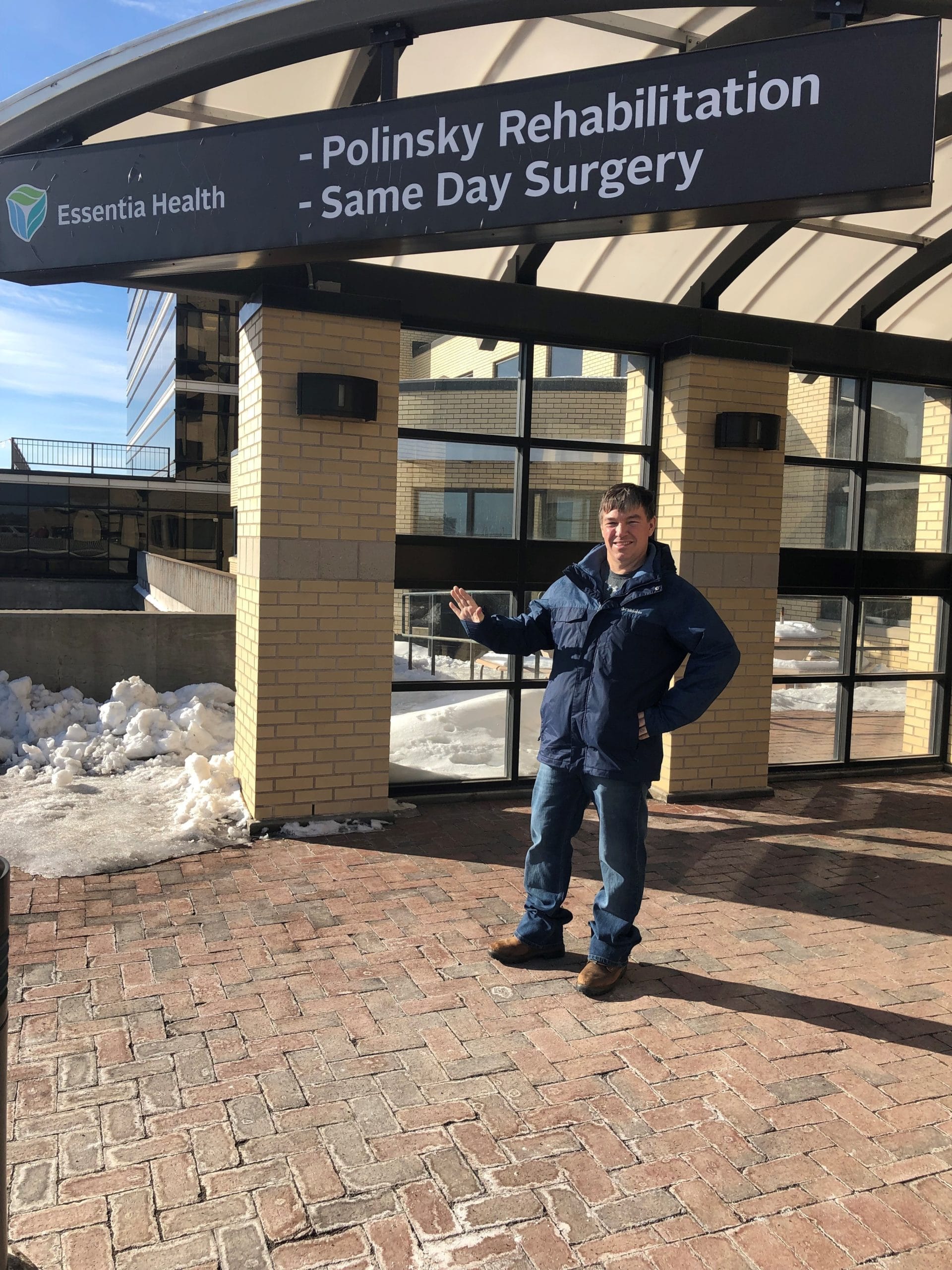Even though it’s a serious condition that typically leads to death after the onset of serious symptoms (such as angina and syncope), aortic stenosis (AS) is under-diagnosed—and even more scary—under-treated.
Part of the problem when it comes to under-diagnosis is that patients often fail to take their symptoms seriously—dismissing them as a “part of aging.” Aortic stenosis is the abnormal narrowing of the aortic valve which obstructs blood flow from the heart to the arteries. Because the heart has to work harder and blood flow to the body is hindered, AS can lead to dizziness, fatigue, heart palpitations, weakness, shortness of breath, angina, and more. AS is more common in older adults and they oftentimes dismiss their symptoms as a normal part of getting old.
Even when diagnosed, AS often goes untreated. Aortic valve surgery provides an almost immediate increase in quality of life and usually far outweighs the risks, however many older patients elect not to have it because of fear of surgery at an older age.
The bottom line is that patients need to learn more about the disease and talk to their doctors. To raise awareness and teach patients about the disease—as well as how to talk to their doctor—the Alliance released a patient brochure and supporting resources. All materials are available on-line at the Aortic Stenosis Health Corner. Materials include videos, podcasts, and a patient quiz that tests users’ knowledge of the disease. They also highlight fairly new findings that while wear-and-tear of the aortic valve still plays a major role in developing AS, lifestyle factors like diet and smoking may also put us at risk.






